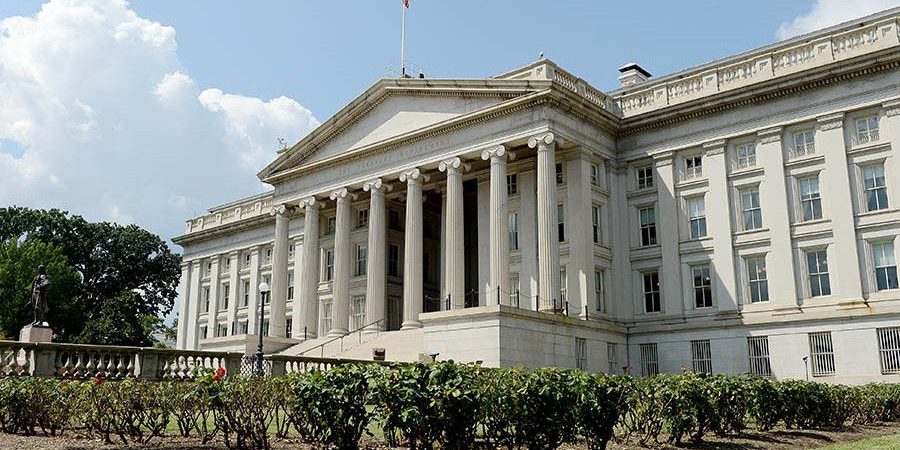The US Department of the Treasury believes that privacy in the digital art market and simplification of logistics through tokenization will lead to an increase in money laundering through NFTs.
The U.S. Treasury Department posted a report based on the Money Laundering Act of 2020, which says that the regulator has found evidence of the involvement of owners of high-value works of art in money laundering. The US Department of the Treasury, based on its research, concluded that NFTs can be used as a tool for illegal transactions in the art market.
“The emerging digital art market using non-fungible tokens may present new risks depending on the structure and market incentives.”
The authors draw attention to the traditional privacy of art markets and the low cost of moving works of art on NFT sites. In their opinion, these factors may contribute to the vulnerability of art to money laundering. The report states that artwork has already been used to conceal the transfer or storage of illegally obtained funds, citing the 1MDB scandal as one example.
Experts recommend weighing the costs and benefits of applying anti-money laundering and anti-terrorist financing rules to art market participants, including possible client identification and rules for reporting suspicious activity. The authors of the report are wondering whether to consider setting a transaction or sales threshold for reporting requirements, introducing AML rules in line with international standards, and rules to regulate the transfer of high-value digital art in a similar way to other transactions.
Against the backdrop of tightening global regulation of cryptocurrencies, the US Treasury is exploring the possibility of not only overseeing new markets, but also returning to previously postponed issues. In particular, the ministry once again returned to considering the possibility of requiring information from cryptocurrency platforms about clients withdrawing assets to non-custodial wallets. Recently, the head of Coin Center was able to defend an exception to a provision in the bill that would allow the US Treasury to block international cryptocurrency transactions indefinitely. In late January, North Carolina spokesman Ted Budd said that repeal of rules restricting the US Treasury Department’s ability to regulate cryptocurrency transactions would reduce the country’s competitiveness.







